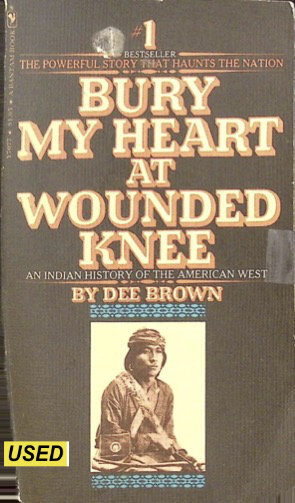By Jacob Burckhardt. Translated by S. G. C. Middlemore With a new Introduction by Peter Burke and Notes by Peter Murray
FROM THE INTRODUCTION : “….Burckhardt's conception of history was a very different one from that of many of his contemporaries. He rejected both the positivism andthe Hegelianism which fascinated so many of his contemporaries all over Europe. As a student at the university of Berlin, he wrote regretfully that the philosophy of history was taught by followers of Hegel, 'whom I cannot understand'. As a professor at the university of Basel, he told his students that his lectures on the study of history would offer 'no philosophy of history. According to Burckhardt, there was no such thing; the idea of the philosophy of history was a contradiction in terms, 'for history co-ordinates, and hence is unphilosophical, while philosophy subordinates, and hence is unhistorical. In other words, history is unsystematic and systems are unhistorical.
This view is further from British historical empiricism than it may look. Unlike many practising historians, Burckhardt was not philoso- phically illiterate. Despite his claim to be unfit for speculation and abstract thought, he was well acquainted with the ideas of Hegel and Schopenhauer as well as with those of the young Nietzsche, with whom he used to go for walks discussing ideas. Although he was sceptical of the claims made for grand philosophical systems, his vision ofthe past was not completely free of philosophical presuppositions, as weshall see….”
London. Penguin 1990. 388p.





















